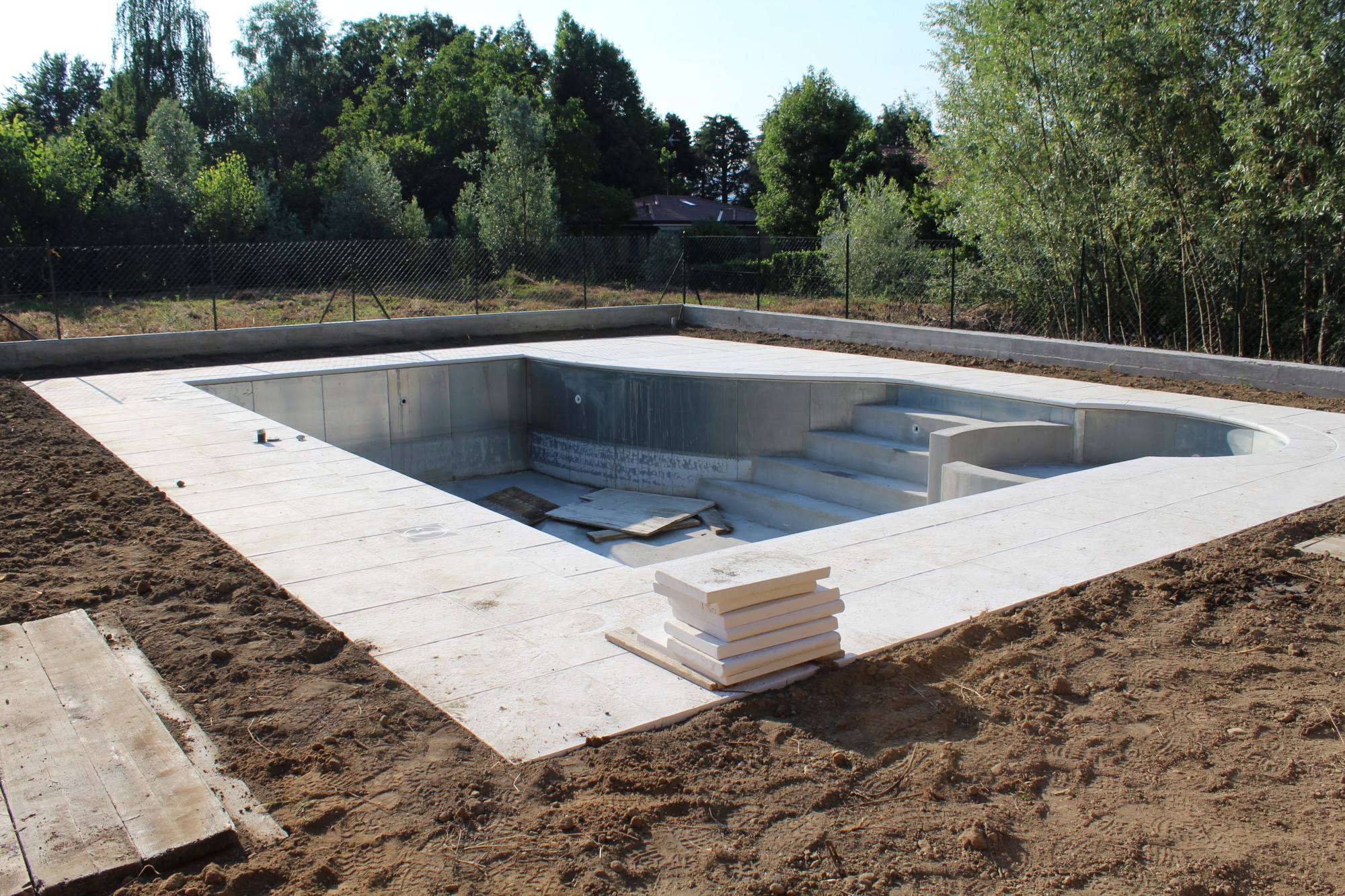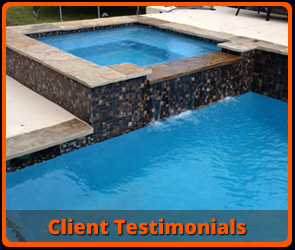For many people, a pool is one of the signs that they have arrived. It’s also great for the health.
Once you determine that you can afford a pool out of pocket or through a financing option, there is still the problem of picking the contractor. Installing a custom pool takes more than just a willing heart. It takes knowledge.
Picking a name at random from the available pool contractors in your area is risky as well.
If you want a custom pool but struggle with how to pick a contractor, keep reading. We’ll cover seven qualities you want from solid pool contractors.
1. Experience
When it comes to any kind of contractor, there is no substitute for experience. This proves especially true for pool contractors.
A pool contractor will likely excavate on your property for an in-ground pool. They must know how to identify underground hazards, such as pipes or electrical lines.
Just as importantly, an improperly installed pool can leak into your yard. The chlorine that keeps pools sanitary can damage your lawn or even your neighbor’s lawn. While not necessarily a crisis, it can mean costly repair bills.
2. References and Reviews
While it may seem pointless, you should ask potential contractors for three references. Yes, this first round of calls will almost certainly get you glowing reviews from friends or family members. That’s when you ask for references from the last few months or their most recent projects.
This second round of calls often proves more telling. The contractor can’t cherry-pick glowing references from their last few projects unless they consistently do a good job.
You can also poke around online and look for reviews. As long as you don’t see a pattern of problems, it’s likely a good sign that they do solid work.
3. Portfolio
If you plan on getting a custom pool, you don’t want any surprises. At the very least, you want some evidence that the contractor can pull off what you want. Portfolios can help you there.
A good pool contractor will take some pictures of their work, whether it’s a new pool or a pool renovation. Some will put these images up on their website. Others will keep hard copies in a photo binder at their office.
If a contractor doesn’t post their images on their website, ask about a portfolio when you talk with them.
4. Credentials
You’ll also want someone who has the right kind of credentials. In general, this means an appropriate contractor’s license. Since pool installation typically includes installing an electrical filtration system, look for someone with a residential appliance installer license.
This license ensures the contractor has the right working knowledge of basic electrical systems. As an extra precaution, ask the contractor about their subcontractors. Do they work with a licensed electrician as necessary?
Also, your local jurisdiction may impose extra license requirements on contractors beyond those required by the state.
5. Insurance
Even if your local community doesn’t require a license and bond for contractors, you should still ask about their insurance coverage. Since the pool installer will work on your property, there is a risk that they might damage your property or a neighbors property.
For example, a crew member might slip and break one of your windows while loading up at the end of the day.
This type of damage gets covered under a general liability policy. These policies come in many shapes and sizes, but $1 million in coverage is a fairly standard amount.
At a bare minimum, the policy should provide $250,000-$300,000 in coverage. Unless something goes catastrophically wrong, this should cover any run of the mill damage.
6. Communication Skills
Your custom pool contractor should also possess solid communication skills. At no point should you ever wonder about the plan or what to expect on pool installation day.
The good news is that you’ll get an opportunity to test this element early on. The contractor should ask you several questions about what you want from your pool. You should also ask them questions about materials, average costs, and typical installation timelines.
This process informs their initial consultation. It also lets you know whether you can get workable information from them.
Good contractors typically provide clear, concise answers to your questions. If you must keep asking the same question in different ways, it can mean the contractor doesn’t know or doesn’t communicate well.
7. Warranty
While a custom pool probably won’t suffer any major problems in the first year, you should still ask about the warranty policy. A warranty is a sign of good faith from the contractor. It tells you that they stand behind the work.
It also tells you that contractor will try to make good on any problems that do occur.
If the contractor does offer a warranty, ask for a copy of it before you sign a contract for the pool. Read it over carefully. It should cover the work performed.
You can also ask about whether the parts they use, such as filter or heating systems, come with warranties. They may not know all the details, but they should have some working knowledge of what warranties their suppliers offer.
Picking from the Pool Contractors
Picking from the available pool contractors can take some effort. You’ll spend some time on the phone talking with references. You may also spend time online checking portfolios and licenses.
After you confirm those facts, though, it becomes a matter of feel.
Does the contractor inspire confidence? Do you like them?
If not, you should move on to another choice. Otherwise, you’ll spend all of your time worrying about the pool installation.
Sahara Construction & Custom Pools specializes in designing and installing custom pools and patio covers. For more information or a free consultation, contact Sahara today.




